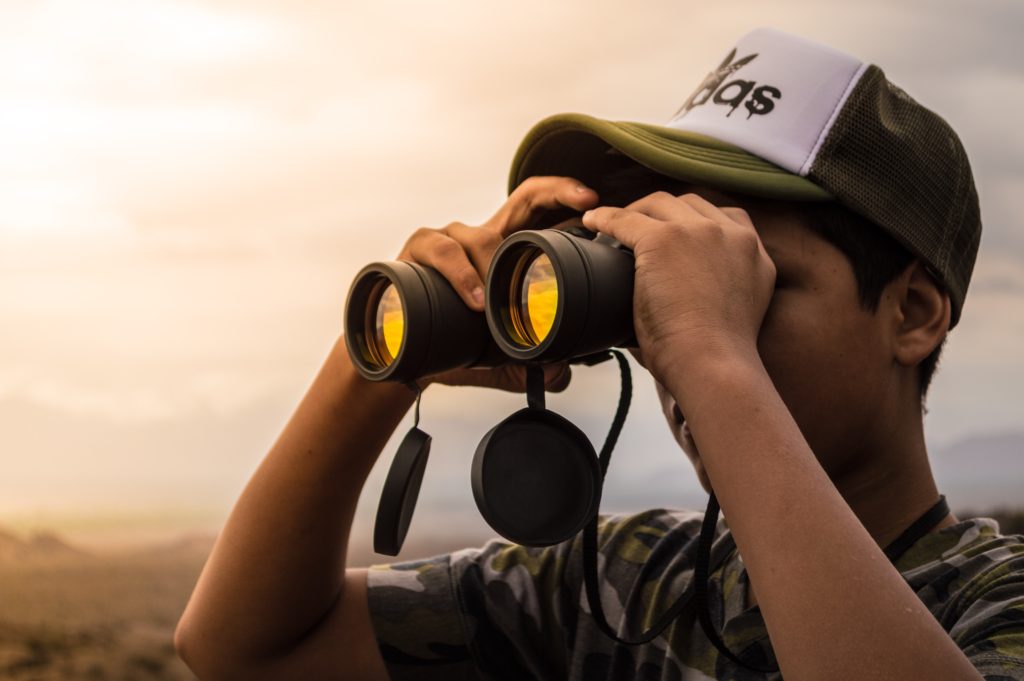
A “voyeur” is someone who experiences sexual arousal when intentionally spying on unsuspecting people who may be disrobing, naked, or engaging in sexual activity. Voyeurism includes the act of recording what is observed for later viewing. The sexual arousal is as much from knowing the person is clueless about being observed, as is the actual viewing of a nude person. The intention of the observer is critical; the viewing is done without the other’s consent. Accidentally chancing upon a couple engaged in intercourse in the forest isn’t voyeurism.
What can be harmful to an adolescent is continuing to observe the couple, instead of turning away. Adult voyeurs may have first become aware of their sexual interest in secretly watching unsuspected persons during adolescence. So while curiosity and teenage hormones may lead to some innocent peeping, prosecutors will take these matters seriously. Therefore, it has been my experience representing juveniles caught “peeping” will be required to complete a sexual deviancy evaluation by the local prosecutor before there can be a settlement of their case.
Is there a pattern of behavior developing?
Prosecutors are quite open to the possibility that a teenage boy (males are much more likely to engage in voyeuristic acts than females) may simply be engaging in puberty related sexual curiosity. The evaluator will look at such things as: “how long has the peeping behavior been going on.” Is there a pattern of behavior? If the behavior has been routinely going on for six months or more, there is a concern that the juvenile is starting to reinforce a negative sexual arousal pattern. Does the juvenile “fantasize” about peeping, and, worse, think up means of observing that are furthering the secrecy, such as planting cameras. Is the juvenile having difficulty stopping the behavior, and, in fact, is increasing the activity and taking significant risks while engaging in the activity (such as masturbating while peeping).
Effective juvenile treatment is available. Effective enough that the juvenile will very likely not be a risk to engage in voyeurism or worse activity as an adult. Many adult sex offenders who engaged in “hands-on” crimes claim they “started” their sexual misbehaviors as “peepers”. This is a critical reason why prosecutors want to rule out the possibility that the fifteen-year-old exhibiting poor curiosity is not really showing tendencies toward a hardened life long sexual problem that could worsen.
The Washington State voyeurism statute can be found here.
If you have a criminal matter and would like to consult with a lawyer, contact Jan Olson at Ellis, Li & McKinstry, PLLC. You can reach Jan by calling (206) 682-0565 or by e-mail at [email protected].
